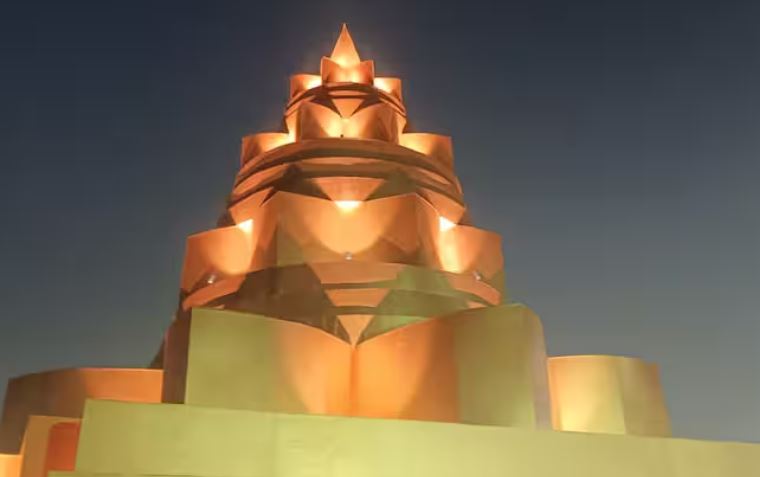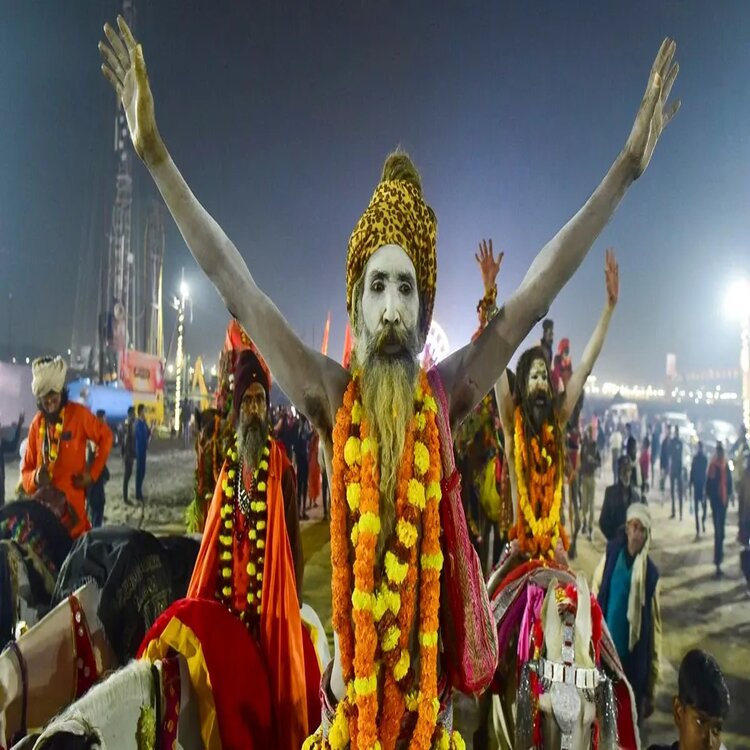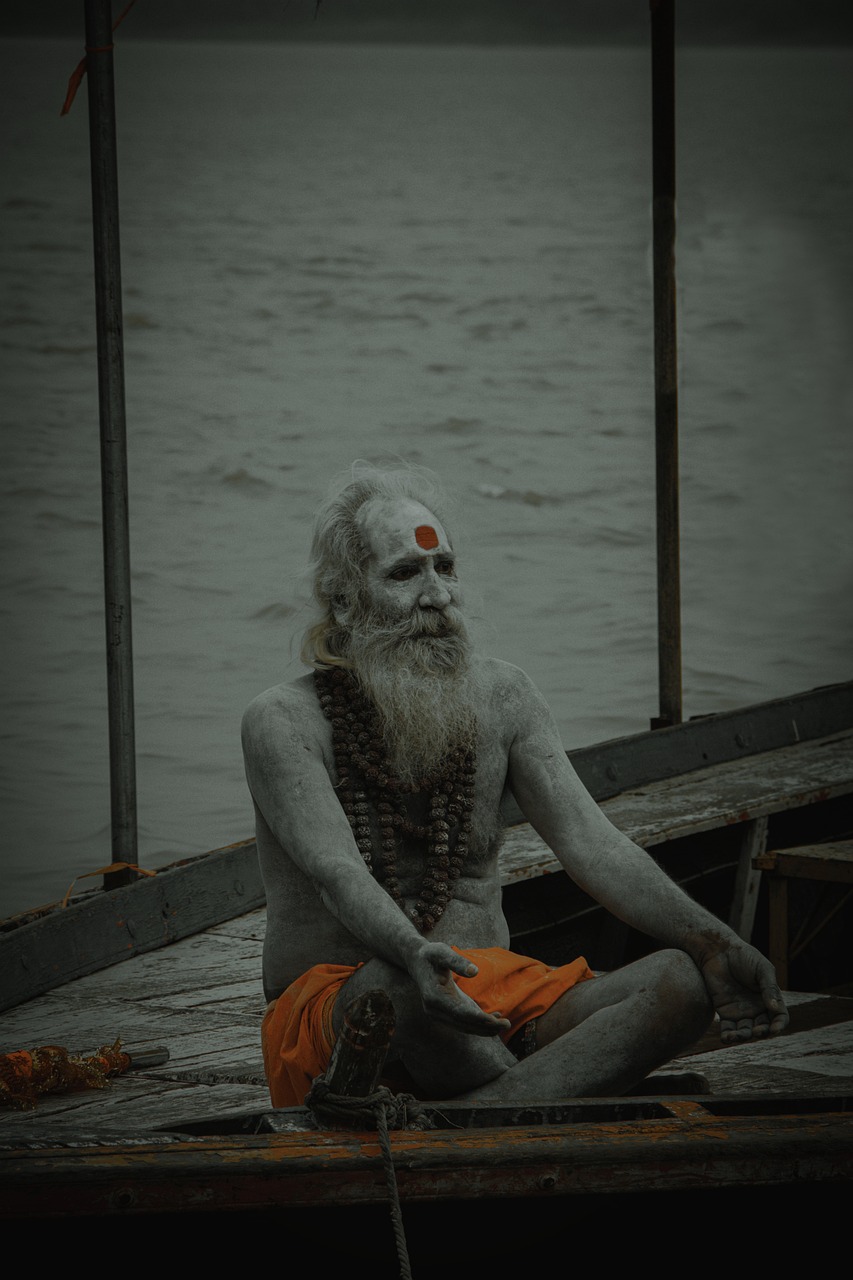VVIP Passes Cancelled, No Vehicles: A Step Towards Safer Maha Kumbh
Editor : Rishi | 30 January, 2025
VVIP Passes cancelled in Mahakumbh

Source or Copyright Disclaimer
The recent tragic stampede at the Maha Kumbh Mela has once again brought to light the pressing need for stringent crowd management and safety measures. In response, authorities have announced crucial changes, including the cancellation of VVIP passes and a ban on vehicles within the festival premises. While these steps are a welcome move towards ensuring public safety, they also highlight the need for long-term structural reforms in the management of one of the world's largest religious gatherings.
The Maha Kumbh Mela attracts millions of devotees from across the globe, all converging at the holy riverbanks for a once-in-a-lifetime spiritual experience. With such a vast congregation, crowd control becomes an immense challenge. The unfortunate stampede that occurred recently underscores the perils of inadequate planning, lack of clear emergency protocols, and the age-old issue of preferential treatment for VVIPs. The decision to revoke VVIP privileges is a significant step towards ensuring equality in access and movement, reducing congestion in high-density areas.
For decades, the presence of VVIPs at public events has disrupted the natural flow of people, often creating bottlenecks and raising security concerns. Special privileges granted to high-profile attendees result in last-minute changes in crowd movement, which can lead to panic and accidents. The removal of these privileges at the Maha Kumbh Mela will not only allow for smoother management of the crowd but also uphold the fundamental principle that all pilgrims are equal in the eyes of faith.
The ban on vehicles within the festival zone is another commendable move. The influx of official and private vehicles near the sacred bathing sites has contributed to congestion, making it difficult for emergency services to respond swiftly in times of crisis. By restricting vehicle movement, authorities can create safer, more navigable spaces for devotees while reducing environmental pollution in the region. However, this decision also necessitates the establishment of well-organized transportation facilities, such as shuttle services and pedestrian-friendly pathways, to ensure accessibility for elderly and differently-abled pilgrims.
Despite these proactive measures, the larger issue at hand remains: Are these steps merely reactive, or do they mark the beginning of a comprehensive restructuring of crowd management at the Kumbh Mela? Authorities must learn from past incidents and implement technology-driven solutions such as real-time crowd monitoring, AI-based predictive analytics, and efficient communication systems to preempt disasters. Furthermore, extensive awareness campaigns should be launched to educate pilgrims about safety protocols, designated routes, and emergency response measures.
While the cancellation of VVIP passes and vehicle restrictions are laudable efforts, they must be accompanied by broader infrastructural developments, stricter enforcement of crowd limits, and better-trained security personnel. The responsibility does not lie solely with the government but also with event organizers, religious leaders, and the devotees themselves. Safety at the Maha Kumbh Mela is a collective effort, and only through well-thought-out, sustainable reforms can we ensure that future gatherings are not marred by tragedy but remain a source of spiritual solace and communal harmony.
The time for makeshift solutions is over. A safer, more inclusive Maha Kumbh Mela should not be a reactive measure to a disaster—it should be a well-planned, proactive commitment to the millions who gather in faith and devotion




